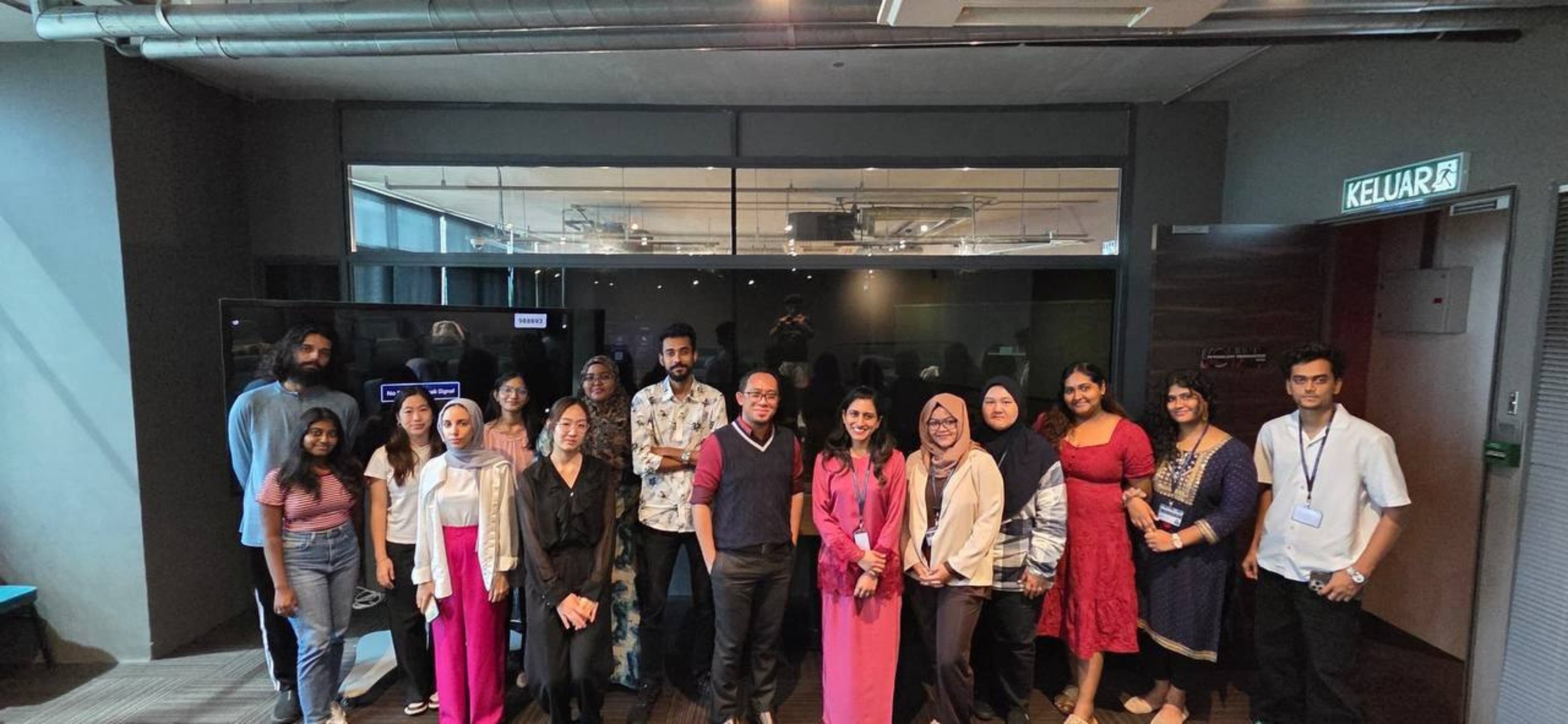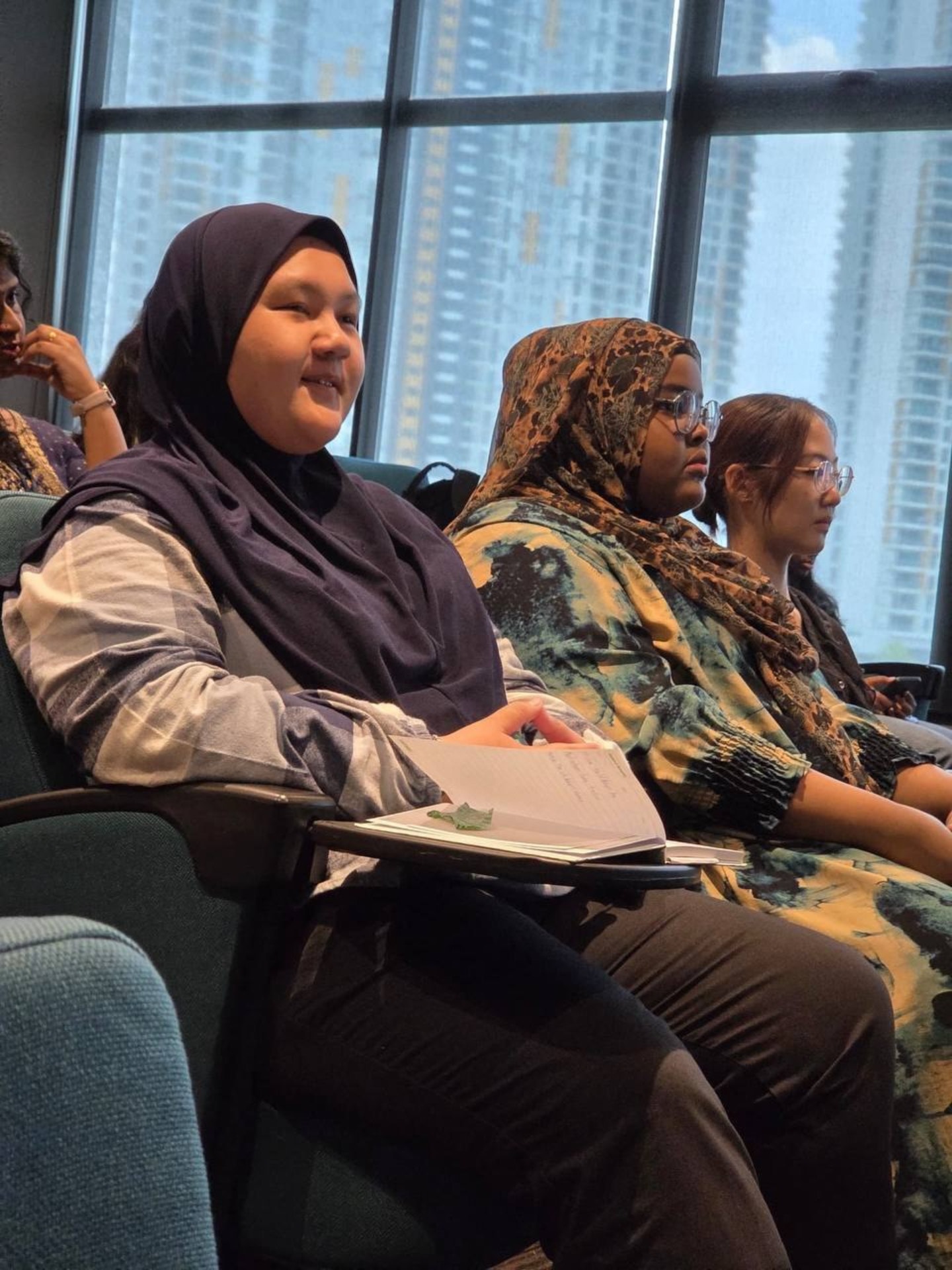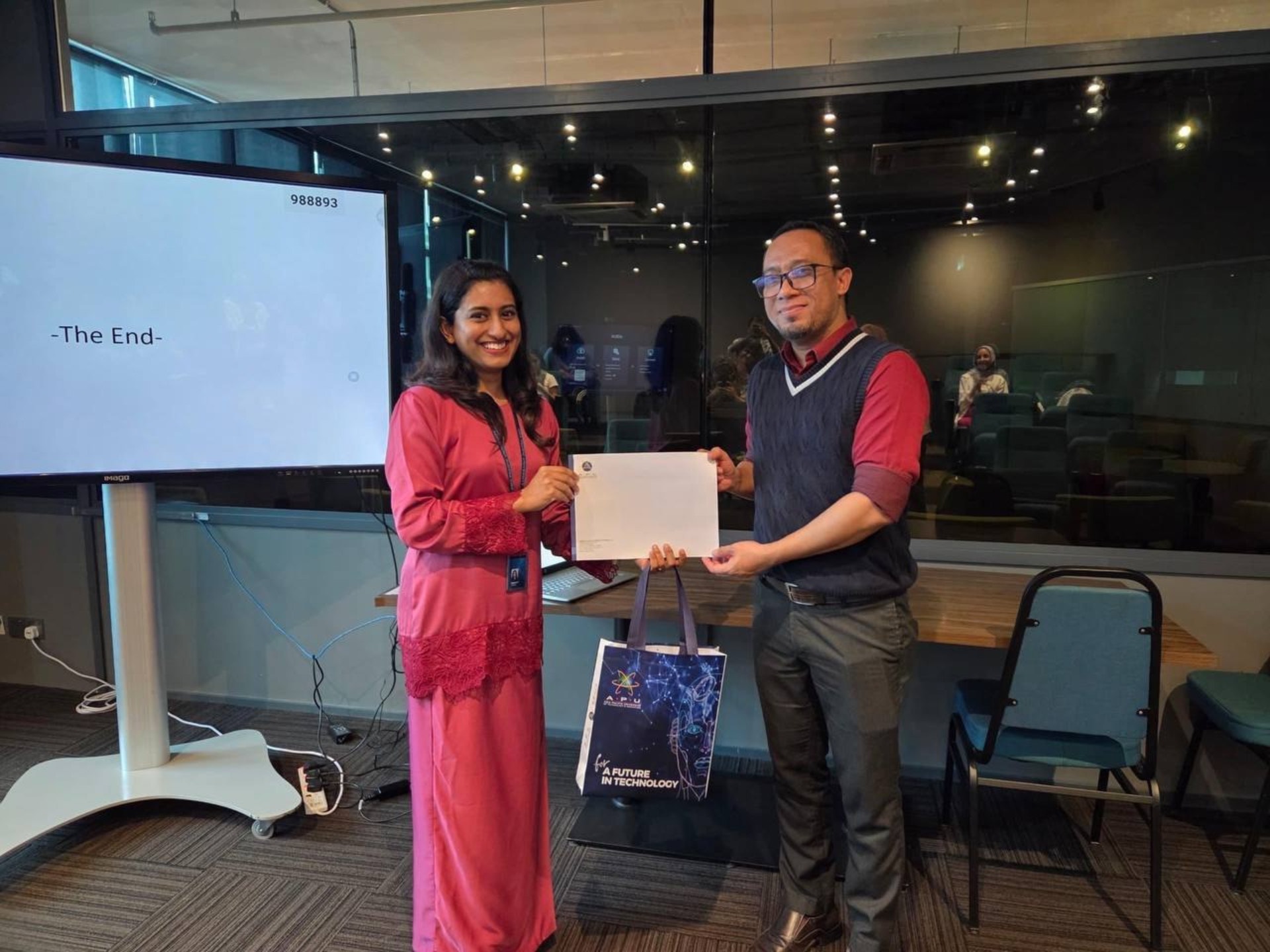Guest lecture highlights emotional growth, social bonds, and self-identity in children.

The School of Psychology (SoP) at the Asia Pacific University of Technology & Innovation (APU) recently hosted an engaging guest lecture on “Navigating Middle Childhood: Emotional Growth, Social Relationships, and the Developing Self.”
Organised on 26 August 2025 by SoP Lecturer, Ms Subashini Ganesan, the session was part of the Developmental Psychology module and featured Dr Abdul Rahman Ahmad Badayai, Senior Lecturer from the Faculty of Social Sciences and Humanities, Universiti Kebangsaan Malaysia (UKM).
Dr Abdul Rahman shared valuable perspectives on middle childhood as a critical stage where children begin to regulate emotions, build meaningful relationships, and form a stronger sense of identity.

He emphasised how emotional regulation, friendships, family ties, and moral understanding shape long-term growth, resilience, and the transition into adolescence.
Delivered interactively and practically, the lecture allowed students to relate psychological theories to real-life contexts.
Through examples and dynamic discussions, attendees developed a deeper appreciation of how middle childhood lays the foundation for emotional well-being, social competence, and confidence.

The session sparked meaningful conversations among students, encouraging them to view child development through a holistic lens and strengthening their understanding of developmental psychology in action.
News & Happening
Download e-Brochures
Intake Calendar
Want to know more ?
Let’s Connect